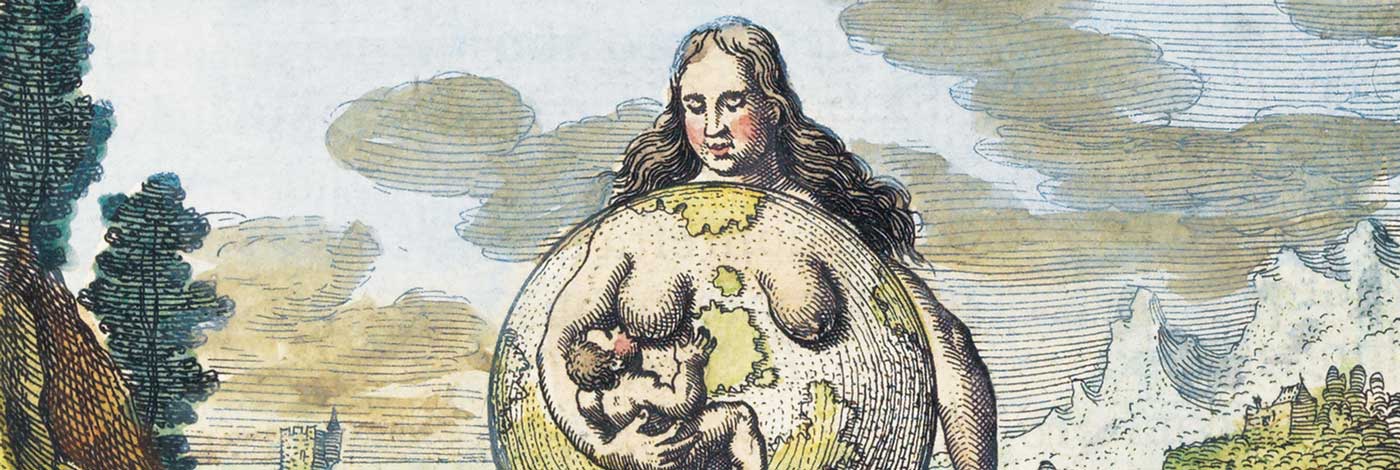
 Anthropozoologica
39 (1) - Pages 237-247
Anthropozoologica
39 (1) - Pages 237-247Complex hunter-gatherers are distinguished from those called egalitarian or generalized, because they do not have equal access to resources. They are characterized by reduced residential mobility, social inequality, economic and craft specialization, and widespread exchange networks. These are discussed in the context of Holocene hunter-gatherers of the southern Andes, especially those aspects related to reduced residential mobility, mortuary practices, and prestige technology. In this perspective, the goal of this paper is to propose the idea that certain elements of social complexity developed in the region within the hunting-gathering society, and that camelid domestication is the outcome of this development.
Complex hunter-gatherers, Camelid domestication, Southern Andes